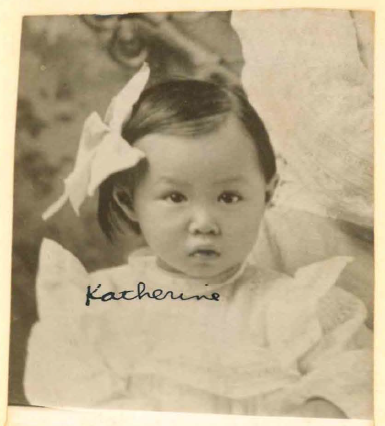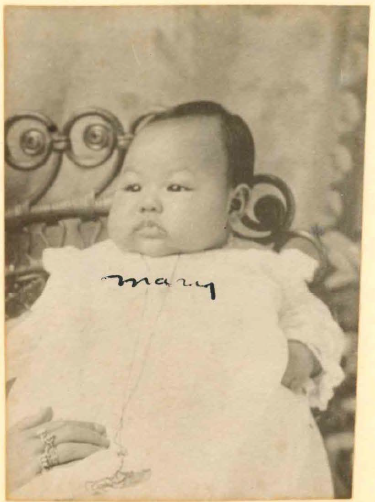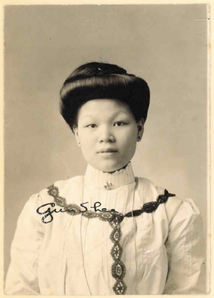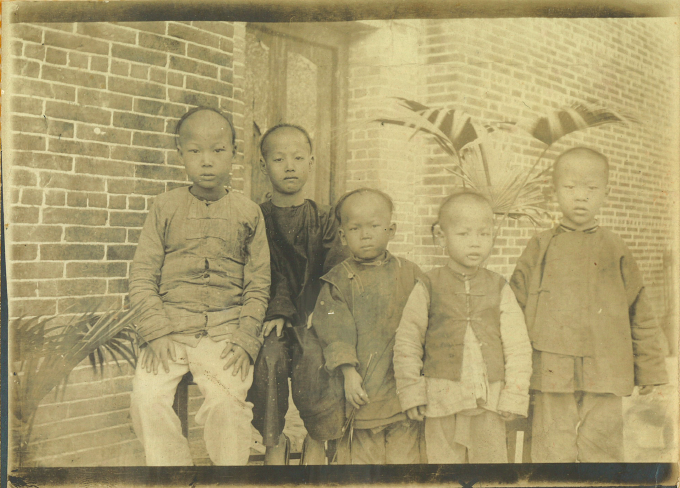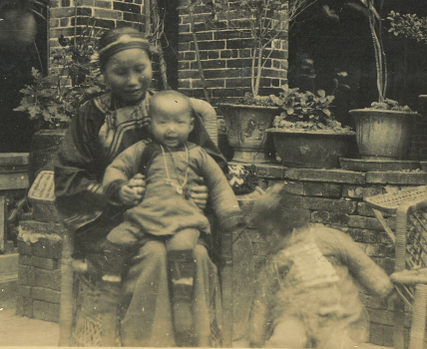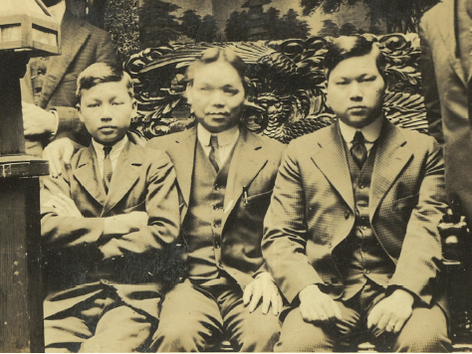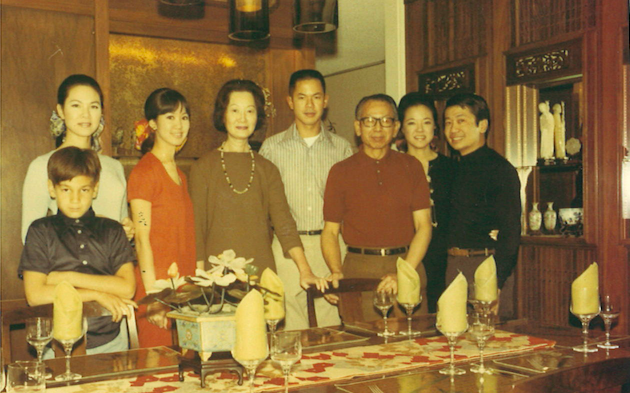Photo: Albert's aunt, Quon Mane's wife, in the store, c. 1901
Blameless Auntie
Also in this section: About the Stories | 1: Youngest Son’s Son | 2: Unwelcome Nephew | 3: Promising Student | 4: Marrying Material | 5: Ineligible Bachelor | 6: Reliable Associate | 7: Blameless Auntie
